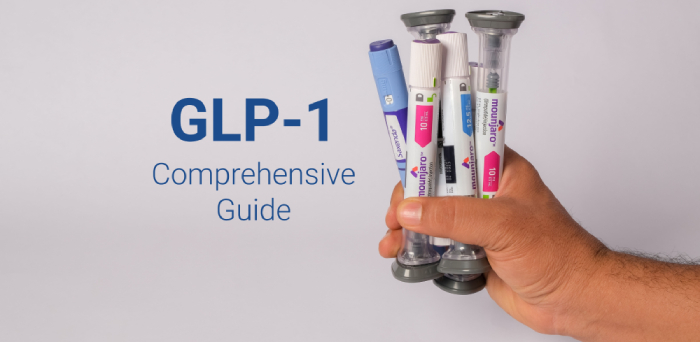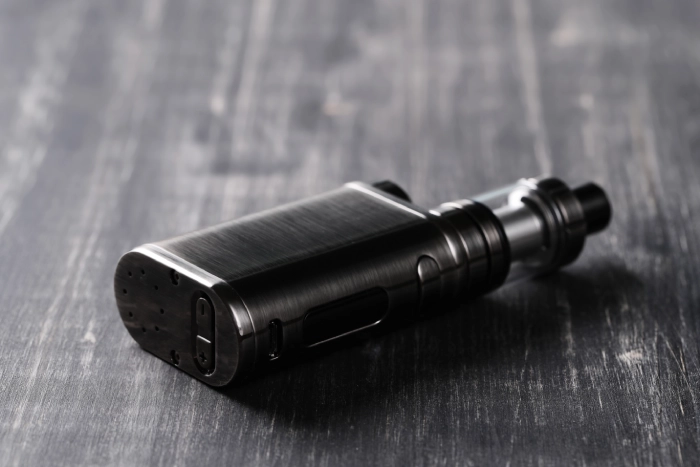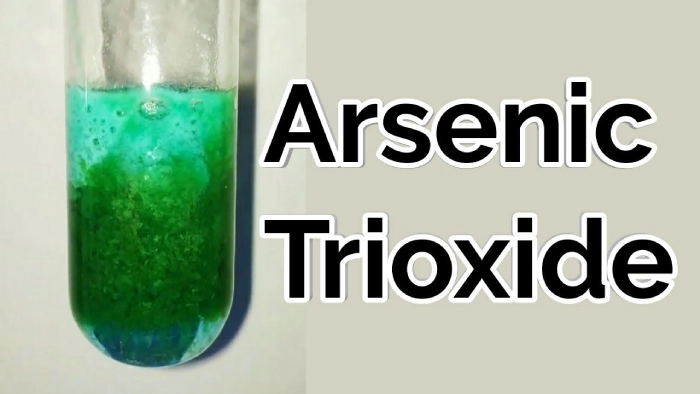Amneal Pharmaceuticals, Inc., a global player in the pharmaceutical industry, recently shared two important developments regarding their product portfolio. First, the company has resubmitted its New Drug Application (NDA) for a prefilled syringe autoinjector containing dihydroergotamine (DHE), aimed at treating acute migraines and cluster headaches. The second announcement highlighted the U.S. Food and Drug Administration (FDA) approval of exenatide, Amneal’s first generic injectable glucagon-like peptide-1 (GLP-1) agonist. This approval underscores the company’s innovation in peptide development and drug-device combinations.
Amneal Pharmaceuticals’ Resubmission of DHE Autoinjector NDA
Amneal’s new DHE prefilled syringe autoinjector is designed to provide convenient, at-home treatment for adults suffering from severe migraines or cluster headaches. Unlike traditional hospital-administered DHE, this single-dose, ready-to-use autoinjector requires no refrigeration, assembly, or priming. It allows patients to self-administer the drug during acute headache episodes, offering a potentially life-changing solution for those who endure difficult-to-treat headaches.
This advancement follows a previous setback when the FDA issued a complete response letter to Amneal’s initial NDA submission. The rejection stemmed from issues related to facility inspections at a third-party manufacturing site. In response, Amneal moved the production process in-house, leveraging its expertise in complex injectable manufacturing. The resubmitted NDA is now under review, with the decision expected in the second quarter of 2025.
DHE is a well-established treatment, typically administered intravenously in emergency settings or urgent care facilities. By introducing the autoinjector, Amneal seeks to make this powerful medication more accessible to the millions of individuals suffering from migraines and cluster headaches. According to the American Migraine Foundation, approximately 39 million people in the United States suffer from migraines, and an estimated one million people live with cluster headaches.
FDA Approval of Exenatide: A Step into the GLP-1 Market

Amneal’s second announcement focuses on the approval of exenatide, an injectable GLP-1 agonist aimed at managing type 2 diabetes. The approval of exenatide as a generic injectable form of BYETTA® marks an important milestone for the company, especially in the rapidly growing GLP-1 therapeutic category. Exenatide is indicated as an adjunct to diet and exercise for improving glycemic control in adults with type 2 diabetes.
GLP-1 agonists, like exenatide, work by mimicking the effects of the naturally occurring hormone GLP-1, which helps regulate blood sugar levels. The drug is typically used alongside other diabetes management strategies and is especially notable for its ability to help patients manage their blood sugar while also promoting weight loss. The exenatide prefilled pen comes in 1.2 mL and 2.4 mL doses and is designed for ease of use, making it more accessible to those with diabetes.
Despite its benefits, exenatide is not without potential side effects. Some patients may experience changes in kidney function, low blood sugar, or inflammation of the pancreas. The most common side effects include nausea, diarrhea, dizziness, and headaches, among others. However, Amneal’s ability to develop and manufacture this complex drug-device combination further showcases its strength in navigating the complexities of regulatory approval and pharmaceutical development.
Looking Ahead
Both of these advancements demonstrate Amneal’s commitment to addressing significant unmet medical needs through innovative solutions. The DHE autoinjector offers a promising new option for patients suffering from severe headache disorders, while the approval of exenatide positions the company as a key player in the growing GLP-1 therapeutic space. As Amneal continues to expand its portfolio, its focus on complex drug development and device innovation is likely to yield further breakthroughs in the pharmaceutical industry.
Commentary by YourDailyFit columnist Alice Winters

Amneal Pharmaceuticals’ recent announcements reveal a company actively shaping its future through strategic moves in two important therapeutic areas—headache management and diabetes treatment. While both products target distinct patient populations, they share a common theme: the drive to innovate and address significant unmet needs through complex drug-device combinations.
DHE Autoinjector: A Game-Changer in Headache Treatment?
The development of the DHE prefilled syringe autoinjector represents a significant leap forward in migraine and cluster headache management. Dihydroergotamine has long been a cornerstone treatment for severe headaches, often administered in emergency settings. For patients who experience frequent attacks, the prospect of self-administration at home, without the need to visit a hospital or clinic, is potentially transformative.
The fact that the device doesn’t require refrigeration, priming, or assembly adds a layer of convenience that is likely to appeal to users seeking a practical, easy-to-use solution. However, the FDA’s previous rejection, centered around third-party manufacturing issues, serves as a reminder that even promising innovations face regulatory hurdles. Amneal’s decision to bring production in-house could expedite future development, but the company’s ability to navigate these challenges will ultimately determine how quickly the autoinjector reaches market.
Furthermore, while the product seems well-positioned to meet the needs of a sizable patient population, the long timeline until approval—anticipated in 2025—means that Amneal must contend with the competitive landscape of headache treatments, which includes other options such as nasal sprays and injectable therapies. The success of this product will depend on its ability to demonstrate clear advantages in terms of convenience, efficacy, and safety compared to existing treatments.
Exenatide: Entering a Competitive GLP-1 Market
On the other hand, Amneal’s entry into the GLP-1 agonist market with exenatide reflects the growing demand for injectable treatments in type 2 diabetes management. GLP-1 agonists have been gaining traction in recent years for their dual benefits of glycemic control and weight loss, positioning them as a treatment of choice for many patients with diabetes. The FDA approval of exenatide as a generic option is a strategic move that could help Amneal tap into a rapidly expanding market. The drug’s ability to compete with more expensive branded alternatives, such as Ozempic and Wegovy, is likely to make it an attractive option for both patients and healthcare providers.
However, the complexity of manufacturing GLP-1 injections and the potential side effects of exenatide (including gastrointestinal issues and changes in kidney function) will require Amneal to ensure that the product is marketed and administered with the appropriate patient education and support. While exenatide may not be a groundbreaking innovation in the same way as some newer GLP-1 drugs, its generic status presents a cost-effective alternative for a growing patient population.
Conclusion: Bold Moves in a Competitive Industry
Amneal’s recent progress with both DHE and exenatide highlights the company’s ambitious approach to entering competitive markets with complex, innovative treatments. As the company awaits further regulatory decisions and the commercialization of these products, the coming years will be critical in defining Amneal’s success in these two high-demand areas. With the right marketing and execution, Amneal could firmly establish itself as a key player in both the headache and diabetes treatment spaces.



